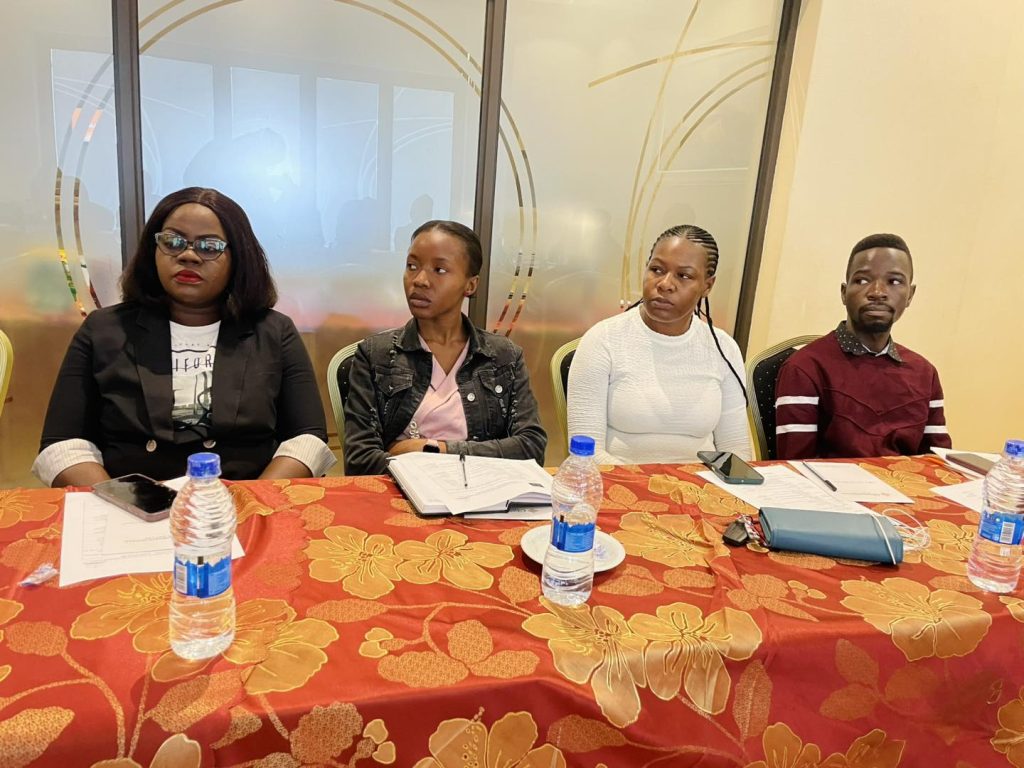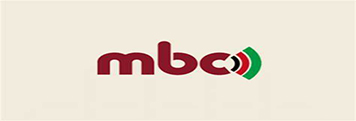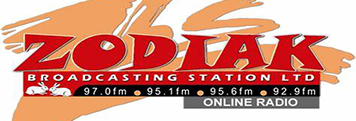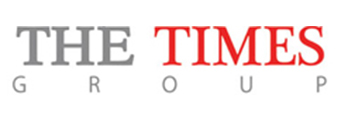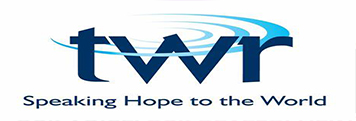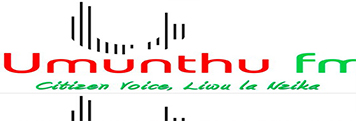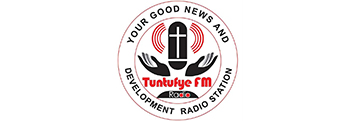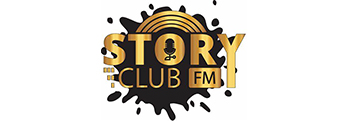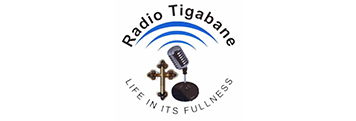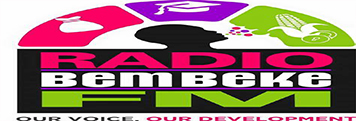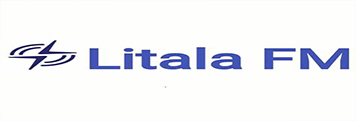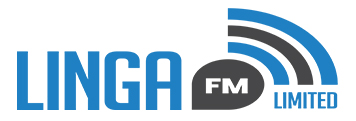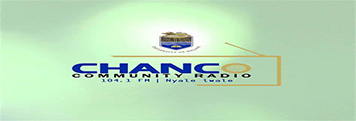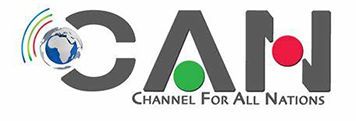Journalists from the Southern Region have undergone a fact-checking training focused on the 16 September 2025 Malawi elections.
The workshop, organized by the Media Council of Malawi (MCM), aimed to equip journalists with practical tools and techniques to effectively verify election related information. It also emphasized the importance of integrity in reporting and upholding ethical journalism standards as well as train the participants to identify, verify, and counter misinformation during the electoral period, while also fostering collaboration and the exchange of best practices among media professionals.
In his opening remarks, MCM Executive Director Moses Kaufa noted that as information spreads rapidly, misinformation and disinformation are also increasing, threatening public trust and the democratic process. He urged participants to stay professional and take an active role in fighting false information, which often rises during election periods and can influence people’s decisions, views, and the peaceful conduct of elections.
Kaufa emphasized that adhering to ethical standards not only protects journalists’ integrity but also helps build public trust.
In addition, the Executive Director urged the participants to engage actively and ensure that the information shared with Malawians during this crucial period is accurate, reliable, and in the public’s best interest.
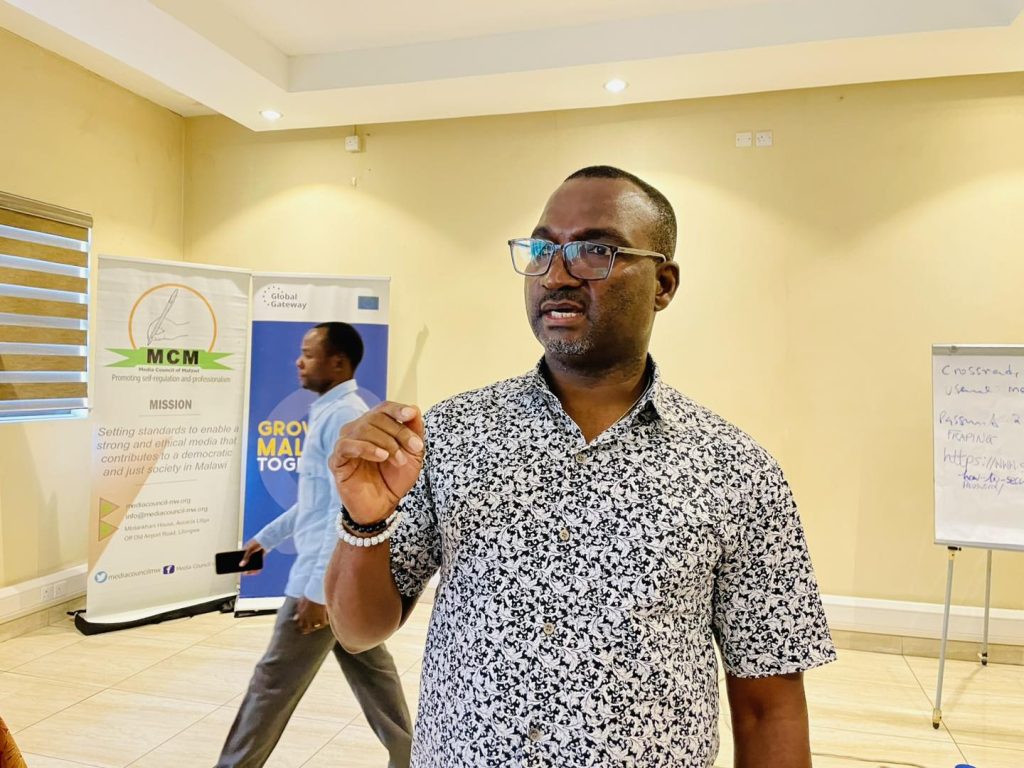
“I urge you to engage actively, ask questions, share your experiences, and absorb every piece of knowledge offered by our expert trainers. This is an investment in your craft, in your newsrooms, and most importantly, in the future of Malawi.”
The facilitator, Winston Mwale, founder and Editor-in-Chief of Africa Brief, guided participants through a comprehensive range of topics, including types of disinformation and misinformation and how it spreads, false information to watch out for before, during, and after the election, an overview of the fact-checking process and how to apply it in daily work, and tips for spotting false information online.
Mwale pointed out that a lack of media literacy and rushing to publish without checking facts are major causes of false information. He advised journalists to always look for evidence, understand the context, compare sources, and talk to experts before sharing any news. He said this will help them avoid legal problems and embarrassment.
The workshop was held with support from the European Union (EU).

